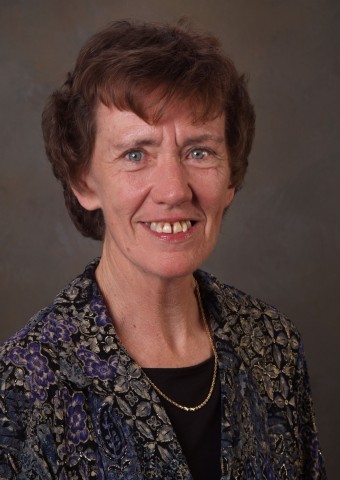Elite 100 Models What Academic Coaches Do Every Year
By Treva Dayton | Thursday, August 13, 2009 12:12 PM

Welcome back to another school year! We hope it is a truly successful one, and that UIL participation provides wonderful challenges and educational experiences for you and your students. We, at the League, are especially excited, as we will be celebrating UIL’s 100th birthday. Our Centennial Celebration will include a variety of activities throughout the year, and our member schools, coaches, advisors, directors, coordinators, students and former competitors will all have the opportunity to participate. Please see our Centennial website at www.uil100.org for our updated archives, great photos and events and activities as they are posted.
We kicked off our celebration with the Elite 100 Student Leadership Conference on the UT Austin campus in June. The conference brought together 100 outstanding Texas high school students, who attended workshops on leadership, communication, conflict management, community service, self-analysis and working effectively with others. Students also participated in a community service project at one of three local school campuses and worked in teams to provide input about what they felt UIL should become in the future.
Selected groups presented their ideas to the Legislative Council, and all suggestions were provided to Council members in written form. I’m sure you’re not surprised that they had plenty to say, and they did a fantastic job of creating presentations to share their insights. It was an exhilarating, educational, exhausting — and fun — experience.
But why should you care about a one-of-a-kind event that has already occurred? It’s my opinion that what you do as UIL coordinators and academic coaches throughout the year is very similar to what happen at the conference and that the benefits to the students are much the same, as well.
For instance, putting together the conference took the efforts and cooperation of many of the UIL staff, dealing with publicity and communication, selecting the delegates and obtaining the necessary medical release forms, planning the service projects and necessary transportation, appointing and training chaperons, arranging for food, dorm rooms and meeting rooms, hosting the social evening, securing speakers, and more.
Sound familiar?
That’s just the kind people power and teamwork it takes to build and maintain a successful academic program. Substitute competitors for ‘delegates’ and coaches or judges for ‘speakers,’ and that’s what you and your colleagues will be doing as you help students prepare for UIL competition.
Students at the conference worked hard, learned from the adult presenters, concentrated on improving their skills, functioned as team members, made new friends and most importantly learned from each other. Sound like something that happens in your UIL program?
Many of the delegates were interviewed for the conference video, and they said they were “developing citizenship skills they could then use in their own communities, acquiring leadership skills, practicing problem-solving and effective communication strategies, sharing with one another, discovering other perspectives and making great friends.”
Here’s hoping that if asked, students who participate in your school’s UIL academic program would say the same kinds of things. Start the year with goals you hope all competitors will accomplish, regardless of their level of success in competition, and then concentrate on achieving those objectives – and having fun doing it!







